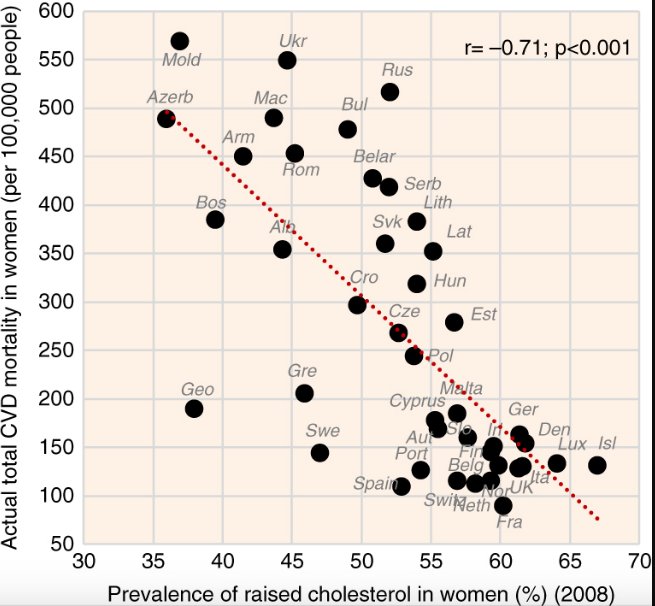Dr Snoddy
Well-Known Member
I would appreciate support and comments on the following. Type 2, female, 62, BMI 29, HbA1c in non-diabetic range for 3 years, 1000mg Metformin per day, much increased daily exercise.
At diagnosis I put myself onto Low carb - moderate fat diet. I quickly lost weight and all blood readings improved. Initially my total cholesterol reduced from 6.4 mm/ L to 6.1 but since then it has steady increased. Four months ago it was 7.3 so I cut out nearly all saturated fat. I had very little in my diet anyway. I do not eat meat, have very little cheese and no butter or cream. The lipid sources in my diet are avocado, rapeseed and olive oil and oily fish, all of which are supposed to help decrease LDL levels. I do not eat oats very often because of their carb content. Despite this my latest results are HDL 2.1 and non-HDL 5.3mmol/L. I realise that this a ratio of less than 4 which is deemed acceptable but I cannot understand why this increase is occurring when I am doing all the recommended things (and wasn't before diagnosis). I do not want to take statins. Am I mobilizing more body fat or something?
At diagnosis I put myself onto Low carb - moderate fat diet. I quickly lost weight and all blood readings improved. Initially my total cholesterol reduced from 6.4 mm/ L to 6.1 but since then it has steady increased. Four months ago it was 7.3 so I cut out nearly all saturated fat. I had very little in my diet anyway. I do not eat meat, have very little cheese and no butter or cream. The lipid sources in my diet are avocado, rapeseed and olive oil and oily fish, all of which are supposed to help decrease LDL levels. I do not eat oats very often because of their carb content. Despite this my latest results are HDL 2.1 and non-HDL 5.3mmol/L. I realise that this a ratio of less than 4 which is deemed acceptable but I cannot understand why this increase is occurring when I am doing all the recommended things (and wasn't before diagnosis). I do not want to take statins. Am I mobilizing more body fat or something?

